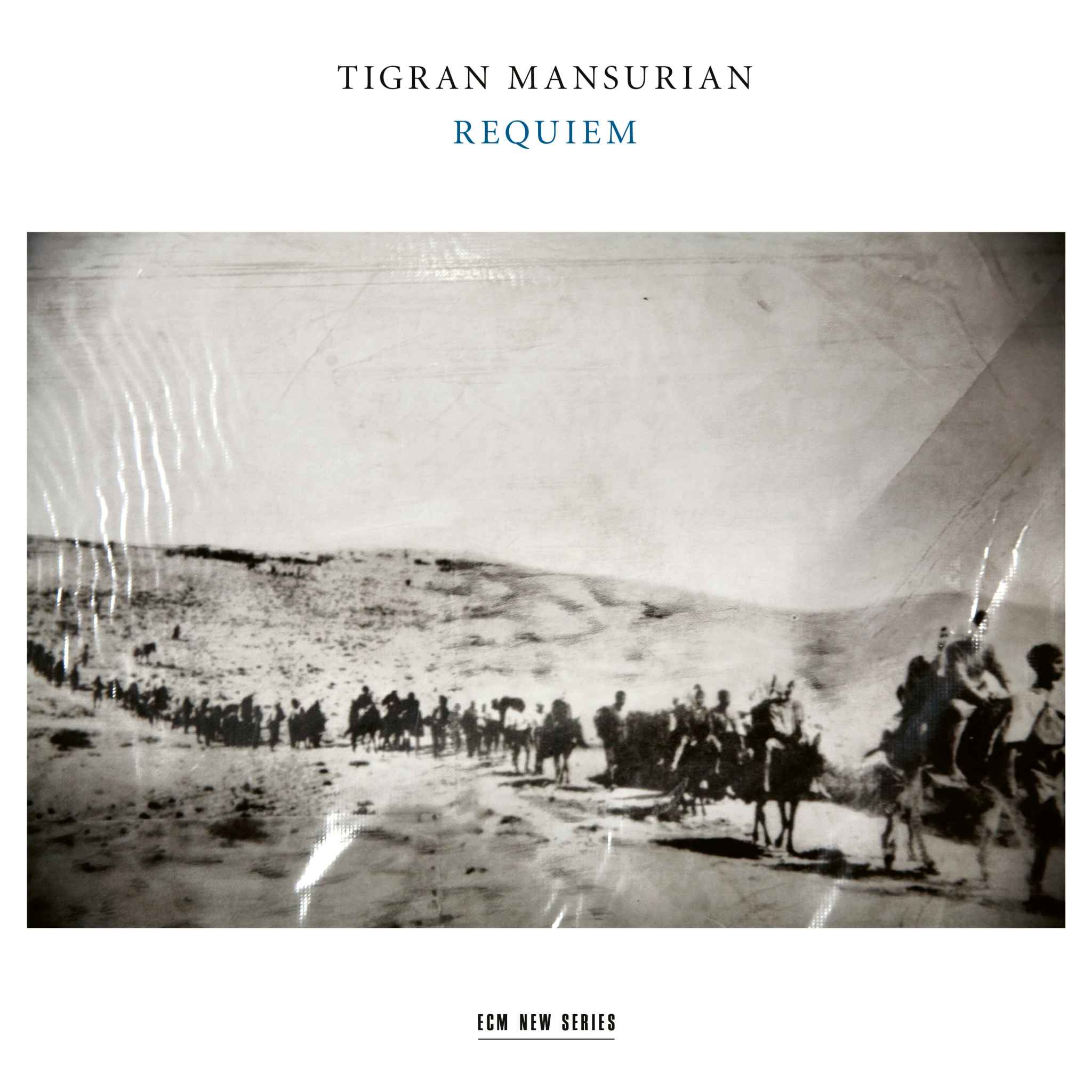Albums
About
Tigran Mansurian

“The sources that have fed my music have been many. I was born in Beirut, Lebanon, which lies on the eastern edge of the Mediterranean Sea. And it is very likely that I have absorbed, directly and indirectly, the various cultures that live and thrive on its periphery.”
Tigran Mansurian, who was born in 1939, moved with his family back to their ancestral Armenia in 1947 and studied at the Yerevan Conservatory, of which he would later become director. In the 1960s he was attracted by the ideas of the Western avant-garde, but became increasingly convinced of the importance of the spirit of place and of composing in an authentically Armenian voice; he is deeply steeped in his country’s folk tradition. “Our position on the map of music and culture”, he has written, “is exactly on the spot where East and West meet.” It is this special vantage point that fires his creative imagination.
Restrictions on creative freedom in the Soviet era meant that film music became an early laboratory for Mansurian’s musical experiments – he has written over one hundred soundtracks – and also a way of making a living. After the fall of the Soviet regime, his music was first heard on ECM with the recording Hayren (2000), where his pieces were brought together with music of his great formative influence, the ethnologist, composer and priest, Komitas (1869-1935). Subsequent Mansurian recordings include Monodia, the String Quartets (“beautifully judged”, Gramophone), and Ars Poetica, a concerto for mixed choir a capella, setting poems by Armenian writer and activist Yegishe Tcharents, who died in one of Stalin’s prison camps in 1937.
Quasi Parlando was an important event in ECM’s growing Mansurian discography, an often breathtaking account of highly original contemporary chamber orchestra music. Issued following his 75th birthday, the album opens with the composer’s fiercely concentrated Double Concerto, and proceeds to new music performed by its dedicatees: the lyrical Romance, dedicated to Moldavian violinist Patricia Kopatchinskaja, and the intensely expressive Quasi Parlando, dedicated to German cellist Anja Lechner. Both are world premiere recordings, as is the Concerto No. 2, subtitled Four Serious Songs, which concludes the programme. In his review, the Los Angeles Times’ Mark Swed spoke of “music in which deep cultural pain is quieted through an eerily calm, heart-wrenching beauty”.








